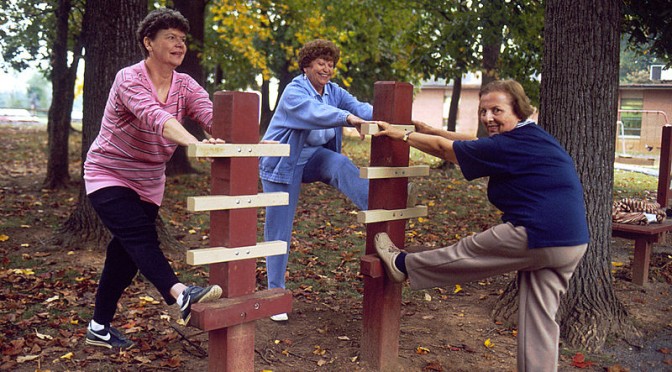As we age and increase our risk for a variety of ailments and diseases, quality of life becomes very important to our overall well-being. Healthy diets have been shown to decrease the risk

and/or severity of many of these diseases, which begs the question “does a healthy diet result in an overall increase in quality of life as we age?”
A new study accepted into the journal Experimental Gerontology asked this very question and examined associations between diet and reported quality of life in older adults.
2457 (53% women) Australian adults between the ages of 55 and 65 participated in this study. Diet and quality of life were determined via a self-reported mail-in questionnaire.
Diet quality was scored based on the Dietary Guideline Index (DGI), recommended food score (RFS), and the Mediterranean diet score (MDS).
Quality of life was scored based on the RAND-36 test.
Important Findings:
- For men, higher DGI and RFS scores were associated with higher energy.
- For men, higher DGI scores were associated with better overall health, both physical and mental.
-

Photo by Flickr user moodboard (https://www.flickr.com/photos/67835627@N05/7267002470/) For women, higher DGI and RFS scores were associated with better physical function, and better overall health.
- For women, higher DGI, RFS, and MDS scores were associated with better emotional well-being and better energy.
The results of this study suggest that diet quality is positively associated with a better quality of life in older adults. Specifically, a better diet (and one that focuses on Mediterranean-style diet patterns) resulted in happier, more physically fit, and self-reported overall better health in older Australian adults.
Source:



![Photo By Adam Jones Adam63 (Own work) [CC BY-SA 3.0 (http://creativecommons.org/licenses/by-sa/3.0)], via Wikimedia Commons](http://french-paradox.net/wp-content/uploads/2015/01/Elderly_Couple_-french-paradox-225x300.jpg)

![Photo by Anne Brown Rodgers [Public domain], via Wikimedia Commons](http://french-paradox.net/wp-content/uploads/2014/12/Older_adult_exercise_with_tin_can-french-paradox.jpg)
![Photo by Bill Branson (Photographer) [Public domain or Public domain], via Wikimedia Commons](http://french-paradox.net/wp-content/uploads/2014/12/older-women-stretching-french-paradox-300x199.jpg)

![Photo By CDC [Public domain], via Wikimedia Commons](http://french-paradox.net/wp-content/uploads/2014/12/Elderly_people_along_beach_french_paradox-300x243.png)